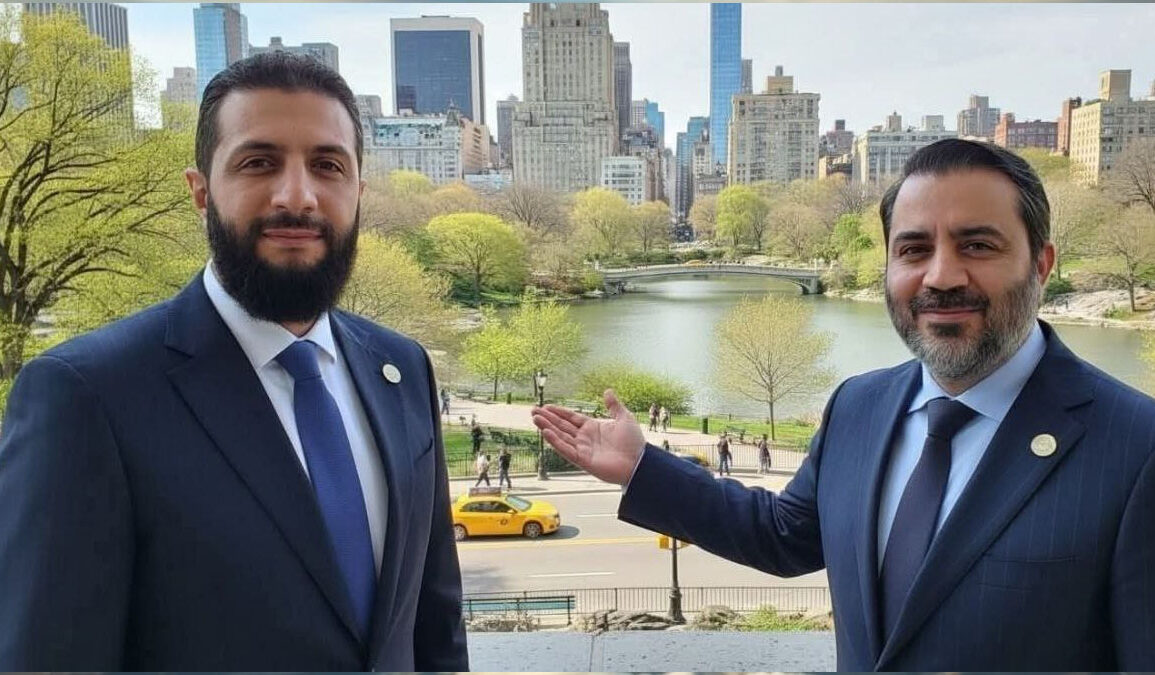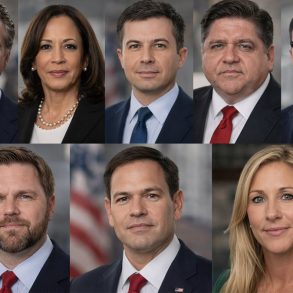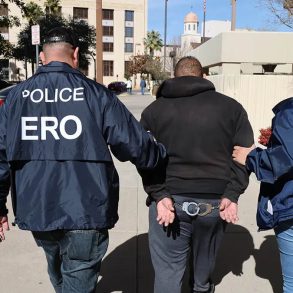Syria is heading into an uncertain but historic moment. On October 5, the country will hold parliamentary elections for the first time since the fall of Bashar al-Assad in December 2024. For many, it is a chance to rebuild after more than a decade of civil war and over forty years of dictatorship. The new interim president, Ahmed al-Sharaa, announced that the vote will be part of a “broader democratic process” designed to lay the foundations for a new political order.
The election will fill 210 seats in the People’s Assembly, though the system is far from a direct popular vote. A third of the seats will be appointed directly by al-Sharaa. The remaining seats will be chosen through an indirect process involving electoral colleges set up by local committees. Al-Sharaa has described this as a necessary step in a fractured country, but critics see it as a structure that keeps too much power in his hands.
The new parliament will be responsible for rewriting laws, ratifying treaties, and potentially reshaping Syria’s economy and foreign policy. It will also serve as a test of whether the country can move toward genuine pluralism.
How the Elections Will Be Conducted
The mechanics of the vote are complicated and unfamiliar to many Syrians. Instead of casting ballots themselves, citizens will be represented by members of electoral colleges. These colleges are being formed by subcommittees in Syria’s 62 electoral districts, each one appointing between 30 and 50 individuals. In total, between 6,000 and 7,000 electors will take part.
Only these electors can run for office and only they can vote for candidates. Campaigning is limited to short, private appeals to the colleges rather than open rallies or political advertisements. Observers will be allowed in some stages, but the most sensitive parts of the process—such as the formation of the colleges themselves—will not be subject to independent oversight.
Officials admit that parts of the country will not vote at all. Polling has been postponed indefinitely in Sweida, Hasakah, and Raqqa due to security concerns and ongoing conflicts with Druze and Kurdish forces. This means that about 19 seats will remain vacant or subject to presidential appointment.
Supporters See a Turning Point
For the government and its backers, the election represents a new beginning. State news agency SANA has described the process as a step that will “lay the groundwork for a broader democratic process following the ousting of former President Bashar al-Assad.”
Some analysts see potential improvements compared with past systems. Syrian analyst Haid Haid wrote that “on paper, the electoral process introduces modest but meaningful improvements,” pointing to safeguards such as appeal mechanisms, requirements for women’s representation, and steps to include displaced people and former prisoners.
Public opinion surveys suggest a degree of optimism as well. A poll conducted by the Arab Center for Research and Policy Studies found that 57 percent of Syrians believed the political situation was moving in a positive direction. Many Syrians say that while the system is imperfect, it is at least a break from the total control of Assad’s rule.
Interim President al-Sharaa has also sought to reassure Syrians and the international community. In comments to local media, he said that “security talks with Israel are a necessity,” but stressed that any agreement must “respect Syria’s territorial integrity and end Israeli violations of its airspace.” He has promised that the new constitutional declaration, which preserves Islamic law but guarantees freedom of expression and women’s rights, will create a framework for the future.
Skeptics Warn of a Charade
Critics remain deeply skeptical. Many minority groups argue that the process is exclusionary and consolidates power in the hands of al-Sharaa and his allies. Civil society groups recently published a joint statement calling the election illegitimate and warning that it gives the president too much influence over both the process and the outcome.
The Foundation for Defense of Democracies described the election bluntly: “Parliamentary elections in Syria will take place in September, Damascus announced… but the people will not vote and presidential appointees will choose the winners.” The group emphasized that “there will be neither a direct vote by the Syrian people nor an indirect process where elected representatives choose lawmakers.”
Concerns also extend to the structure of power under the interim constitution. Presidential decrees carry the force of law and can only be overturned by a two-thirds majority in parliament. Since al-Sharaa will appoint one-third of lawmakers, critics argue that he can ensure enough loyalists to block any challenge to his authority. As one opposition statement put it, this creates “a parliament designed to mimic pluralism without challenging the president’s dominance.”
Some minority representatives, particularly from Kurdish and Druze communities, have been outspoken in their rejection of the process. They say it fails to represent their voices and simply replaces one authoritarian order with another.
Syria’s October elections may be both a turning point and a trap. For the first time in decades, there is an opportunity to create a representative legislature, one that could push the country toward stability and reform. Supporters highlight new safeguards and international monitoring, while many ordinary Syrians say that anything is better than the iron grip of Assad.
Yet the structure of the system, the dominance of presidential appointments, and the exclusion of key groups may undermine the very legitimacy the government is trying to achieve. Analyst Haid Haid captured the dilemma when he noted that while the process “introduces incremental but notable improvements,” it is also “overshadowed by structural ambiguities and unresolved questions that leave the process vulnerable to manipulation.”
The real question is whether the new assembly will act independently or serve as a rubber stamp. Without genuine pluralism and accountability, Syria may find itself trading one strongman for another. The hope of moving from the so-called “axis of evil” to democratic freedom will depend not on promises, but on whether power is truly shared and citizens eventually have a real voice in their own future.
NP Editor: Every once in a great while, a charade turns into the real thing, a structure of democracy forced to evolve into a real democracy. But not often. And the current leadership has links to terrorist organizations. This will be interesting.








